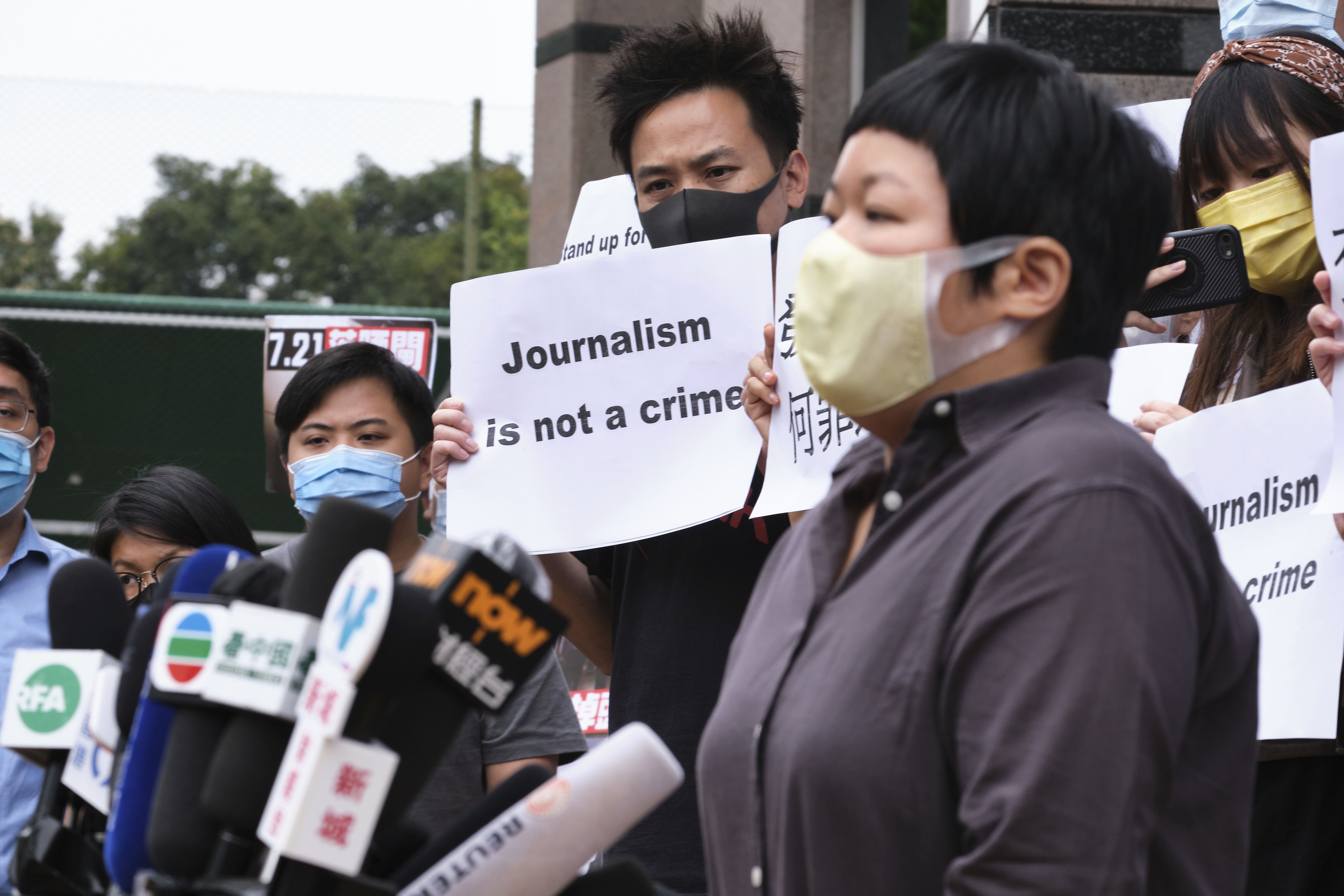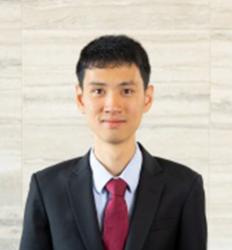Freedom of expression is under attack in Hong Kong.
In its annual report, “Freedom in Tatters,” the Hong Kong Journalists Association (HKJA) outlines key threats currently faced by the media. According to The Standard, a Hong Kong-based newspaper, the report emphasized that “the risks journalists face amid the NSL [National Security Law] and the imminent fake news legislation is growing.”
The report states that self-censorship of Hong Kong media “looks certain to increase” and notes how “attacks on freedoms have tarnished Hong Kong’s international reputation.” More specifically, it cites examples of tightening government control over public broadcaster RTHK’s operations, including the reshaping of its management and the cancellation of a satirical TV program.
According to The Washington Newsday, HKJA chairman Ronson Chan called 2020 “the worst year for press freedom thus far,” expressing concern that legislation is on the way that will further restrict media outlets. This all comes amid a backdrop of pro-Beijing members of parliament calling for “fake news” legislation, which can be used to arbitrarily suppress news that is not favorable to Chinese authorities.
Jimmy Lai’s recent arrest testifies to the dismal state of freedom in Hong Kong. After his pro-democracy news outlet was raided by police officers and subsequently shut down, the HKJA described it as a “psychological blow to … the whole media sector.” As an institution of civil society, the press helps form the basis of moral culture, owing neither its creation nor its allegiance to the state.
Lai, the 2020 recipient of the Acton Institute’s Faith and Freedom Award, exemplifies the incredible ingenuity of the human person. Fleeing to the then British colony of Hong Kong from mainland Communist China at the age of 12, Lai started to work an odd-job in a garment factory.
The country’s system of government and rule of law allowed Lai to found Giordano in 1981, a clothing retailer which grew and expanded into an international chain. After teaching himself English, he successfully launched Apple Daily in 1995, which became the second largest newspaper in Hong Kong.
A convert to Roman Catholicism, Lai embodies what it means to live an integrated life characterized by virtue. Despite having British citizenship, which afforded him the opportunity to flee before his arrest, he stayed to witness to the importance of justice.
The current plight of Hongkongese journalists is a threat to human flourishing and a free and virtuous society. But while freedom of the press may be under attack, the heroic virtue of those like Lai provides hope for the cause of liberty, offering inspiration for the current generation to take up the fight against the tyrannical regime of the Chinese Communist Party.

